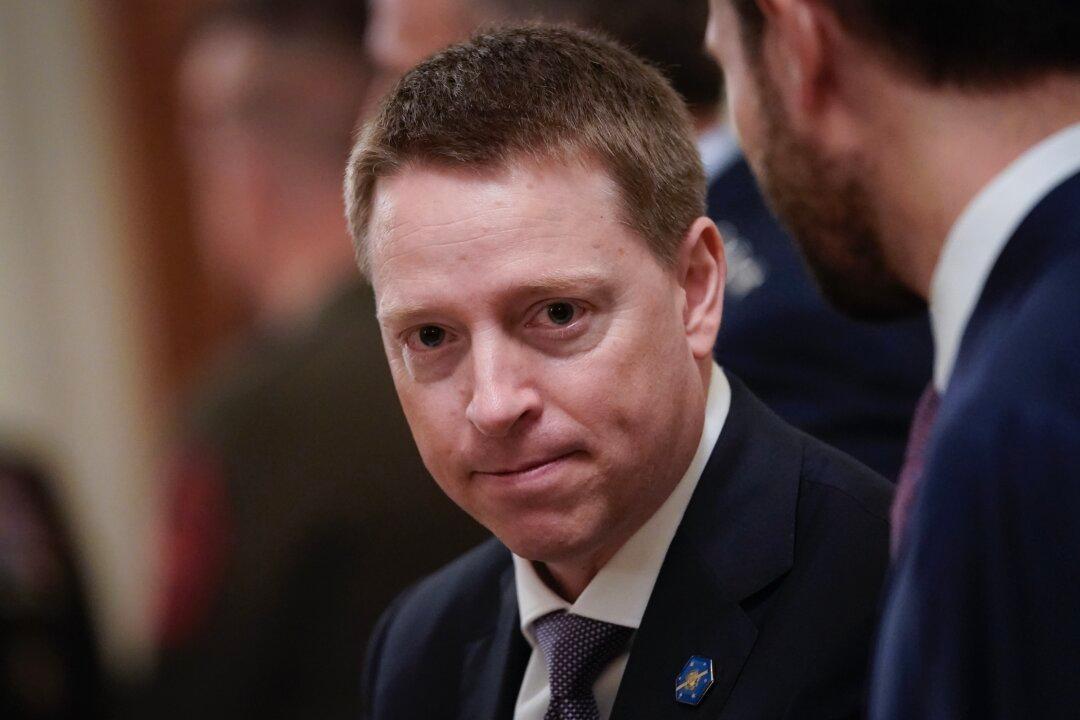The new U.S. administration should stand firm when dealing with Beijing and avoid falling into the communist regime’s crafty “negotiation traps,” a former White House security official has said.
“Don’t fall for a trap that Beijing sets time and again for administration after administration, which is to try to lure the United States into a long, formal, mid-level bottoms-up negotiation,” said former deputy national security adviser Matthew Pottinger in his first public speech since leaving the White House in January.





